.png)
While countries like the US and Canada, and now, by the looks of things, Germany, have chosen to legalise cannabis, the UK has gone down a different route.
Instead of regulating it, politicians from both sides have ramped up the rhetoric of the 'war on drugs', of 'cracking down on crime', beating gangs, and keeping us safe.
Currently, cannabis is a Class B drug in the UK, which carries a potential prison sentence of up to five years for possession and 14 for dealing.
Some believe criminalisation has been a cataclysmic failure, causing more death and misery than it's prevented.
Advert
Peter Reynolds is the president of Clear, a group that campaigns for law reform around cannabis in the UK.
Since smoking his first joint at the age of 14, he's had an affinity with the substance, and has long been 'outraged' by the laws he feels interfere with his 'personal liberty'.
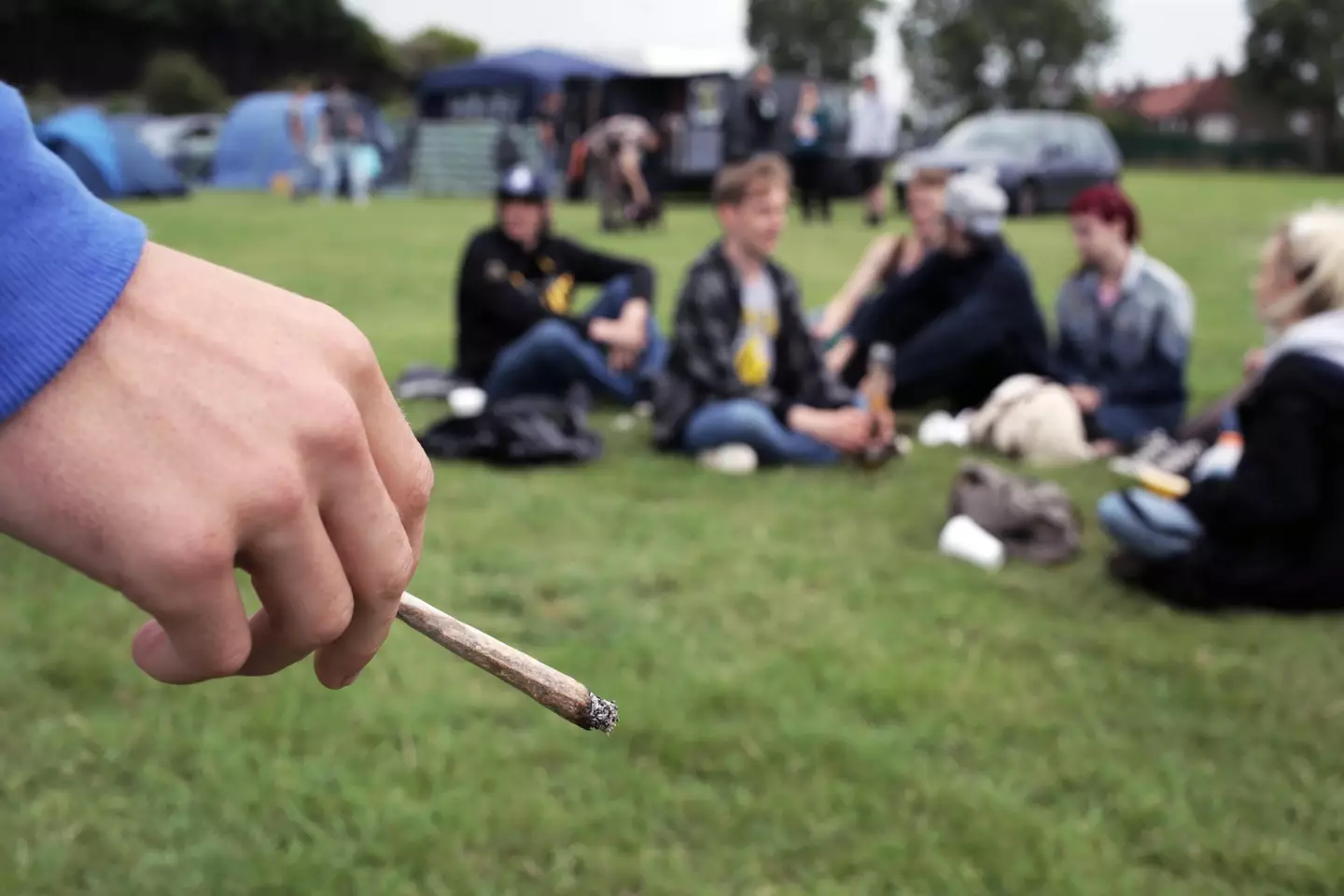
Far from keeping people safe, he says drugs policy has driven weed underground, making criminal gangs stronger and more powerful than ever.
"While your dealer, and maybe the guy he buys from, are friends or acquaintances, a level or two above, you start talking about some very, very nasty people who enforce debts and fight turf wars," Peter tells LADbible.
Advert
"Around £6 billion is spent on cannabis in this country, and that drives the hard drugs market - cocaine and heroin - which is only worth about £2bn.
"The criminal cannabis market also drives gangsterism, just look at what happened in Liverpool with Olivia Pratt-Korbel. Those people are bystanders, collateral damage, in the war on cannabis.
"And it's because our government refuses to take responsibility for it, and instead allows gangsters and criminals to control it, that this happens."
The 65-year-old says he's tired of seeing stories such as Olivia's in the news, and believes there is support for change but few MPs are willing to come out in public, fearing the wrath of big business and voters.
"Politicians are cowards," Pete says. "If you want to fight crime, which both political parties say they do, the biggest driver of all crime is drugs policy. It's just a crazy situation."
Advert
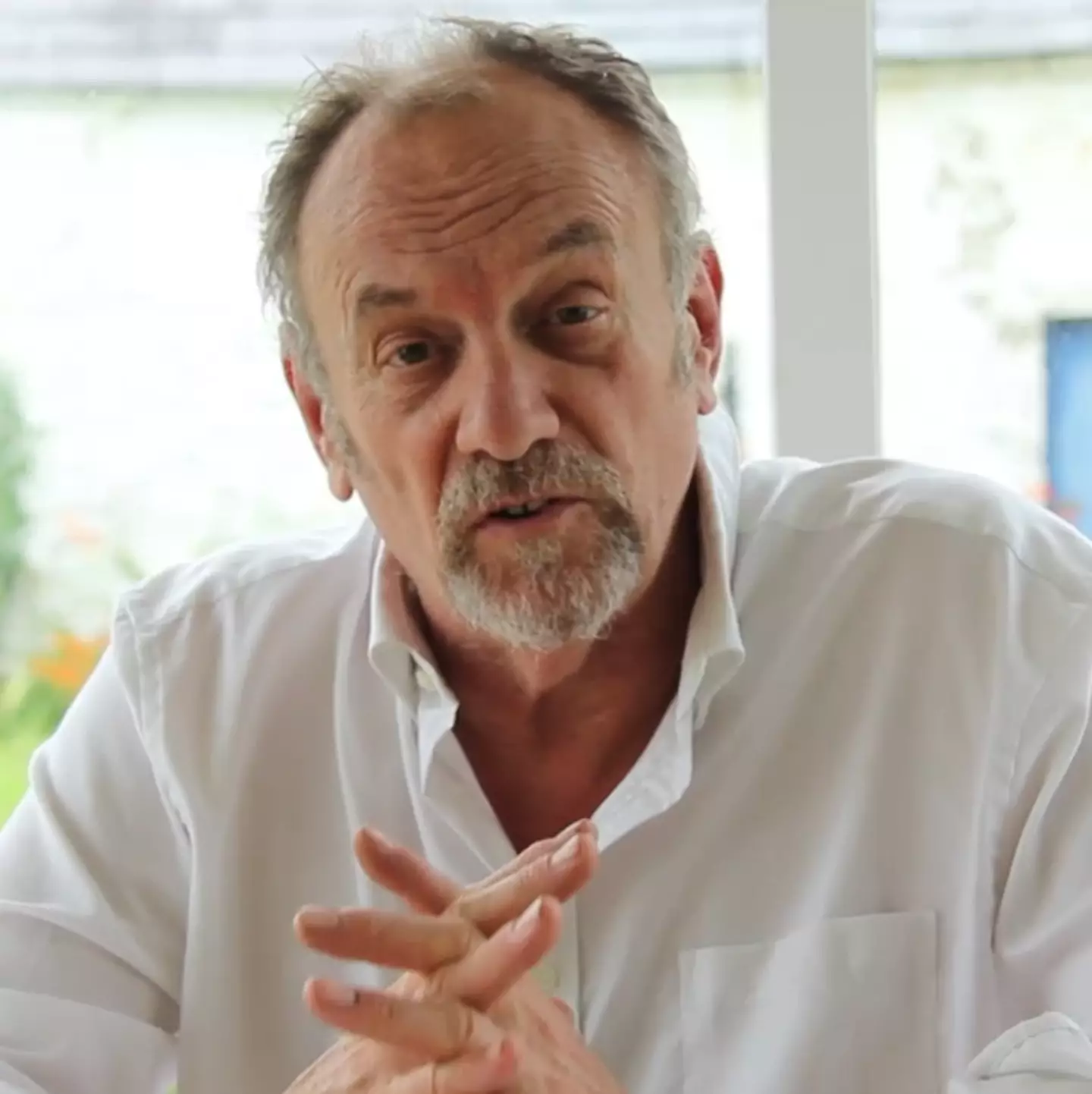
Though cannabis has been available medically in the UK since 2018, concerns around the health implications - especially psychosis - have also held legalisation back.
Katya Kowalski is the head of operations at Volteface, an advocacy group that tries to reduce drug harm.
And while she admits there is much more research to be done, she believes some dangers are potentially overstated.
"Over the last like 50 years or so, cannabis use has increased massively, with legalisation trends for recreational use, medical use going up, and a general liberalisation," she says.
Advert
"But psychosis rates haven't increased at that same rate, they're pretty much remained very stable.
"To me, that's quite a telling factor that yes, cannabis use might have an effect on psychosis, but it's not a cause and effect relationship, because if it were, we'd see way, way higher rates of psychosis, given that cannabis use has gone up."
Like Peter, she's adamant that the concerns the majority of people have around cannabis are actively driven by the government's 'war on drugs'.
"The UK is quite obsessed with this idea of skunk," Katya goes on. "There's really high strength THC cannabis that's on on sale on the streets, and that's obviously linked to greater harms, whether that be amongst adolescents in development years, or just the negative impacts of the drug.
"But that's linked directly to the fact that it's governed by an illegal market."
Advert
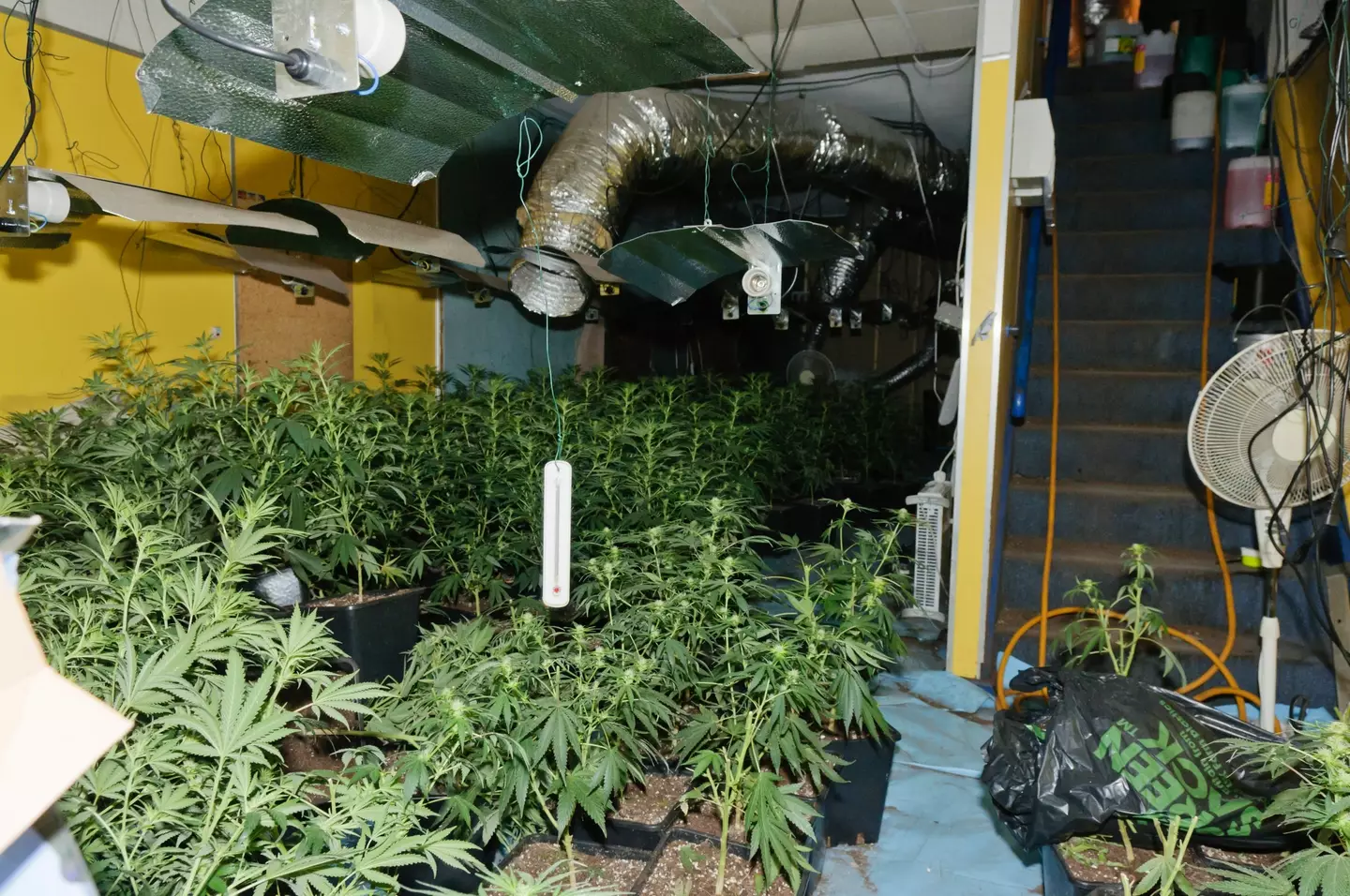
One of those at the forefront of the fight for legalisation is Michael Fisher.
For almost a decade, he has run the Teesside Cannabis Club, which he says has provided a 'safe space' for 'thousands' people to smoke cannabis both medicinally and recreationally.
And it's an initiative that's even been supported by local police, who have allowed him and those who use his club to get on with things.
"I think it's important for consumers to have a choice of how when and where they medicate or consume and any venue that provides safe services, I think it's a good a thing," he tells us.
"We got approached by the late Durham Police Crime Commissioner Ronald Hogg early in 2014, and through his support it allowed thousands of cannabis users a safe and controlled environment to consume cannabis over the last decade.
"Cannabis being legalised will boost economy and will also stop millions of kids getting criminal convictions for cannabis us. It's a no brainer.
"If we don't control and legalise cannabis for recreational and medicinal use, criminal gangs will continue to profit and the war on drugs will continue to fail."
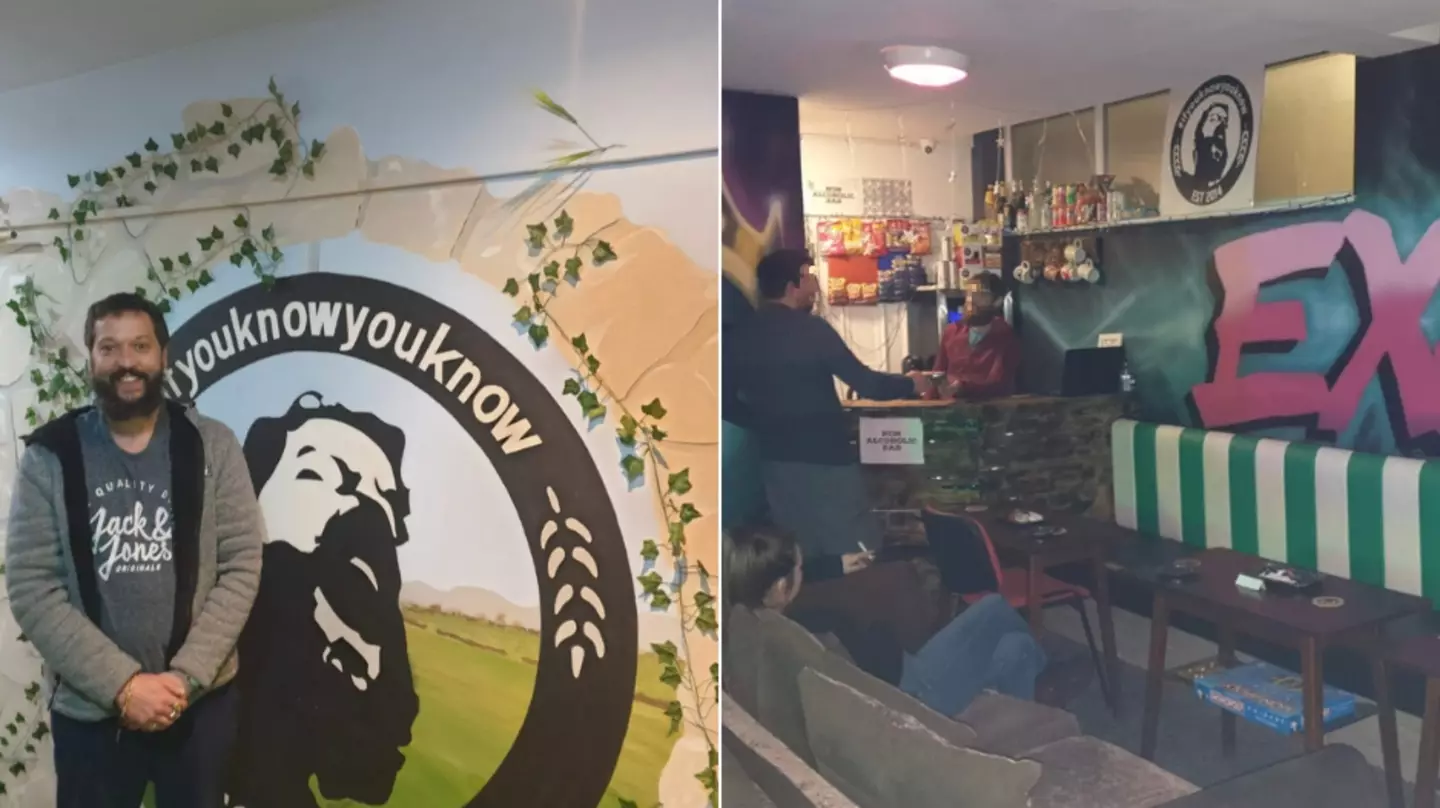
His comments are echoed by Simpa Carter, who's also spent years bringing the cannabis community together, setting up the Durham City Cannabis Club.
While he's dubious about the term 'legalisation', he believes that 'decriminalisation' is the way forward, leaving people 'free' to cultivate their own plants.
"I don't mean anarchy, it's not a lack of regulation," he explains. "Spain, for example, has decriminalised the drug but it's highly regulated - they have to be air-locked, you have to have ID, you have to be a signed up member, you have to be a certain age, you can only buy a certain amount, etc.
"Decriminalisation, plus regulation, equals responsible consumption and a trade that is a craft industry run by the people who actually know the plant and give a s**t about it."
Adding: "I've never been more sure of anything in my life than that the drugs wars are wrong and ending them as a way to liberate all of us from the consequence."
And according to Katya, an increasing number of people in the country seem to agree with him.
A YouGov poll last year showed that 52 percent of people in the UK supported the legalisation of cannabis to some degree.
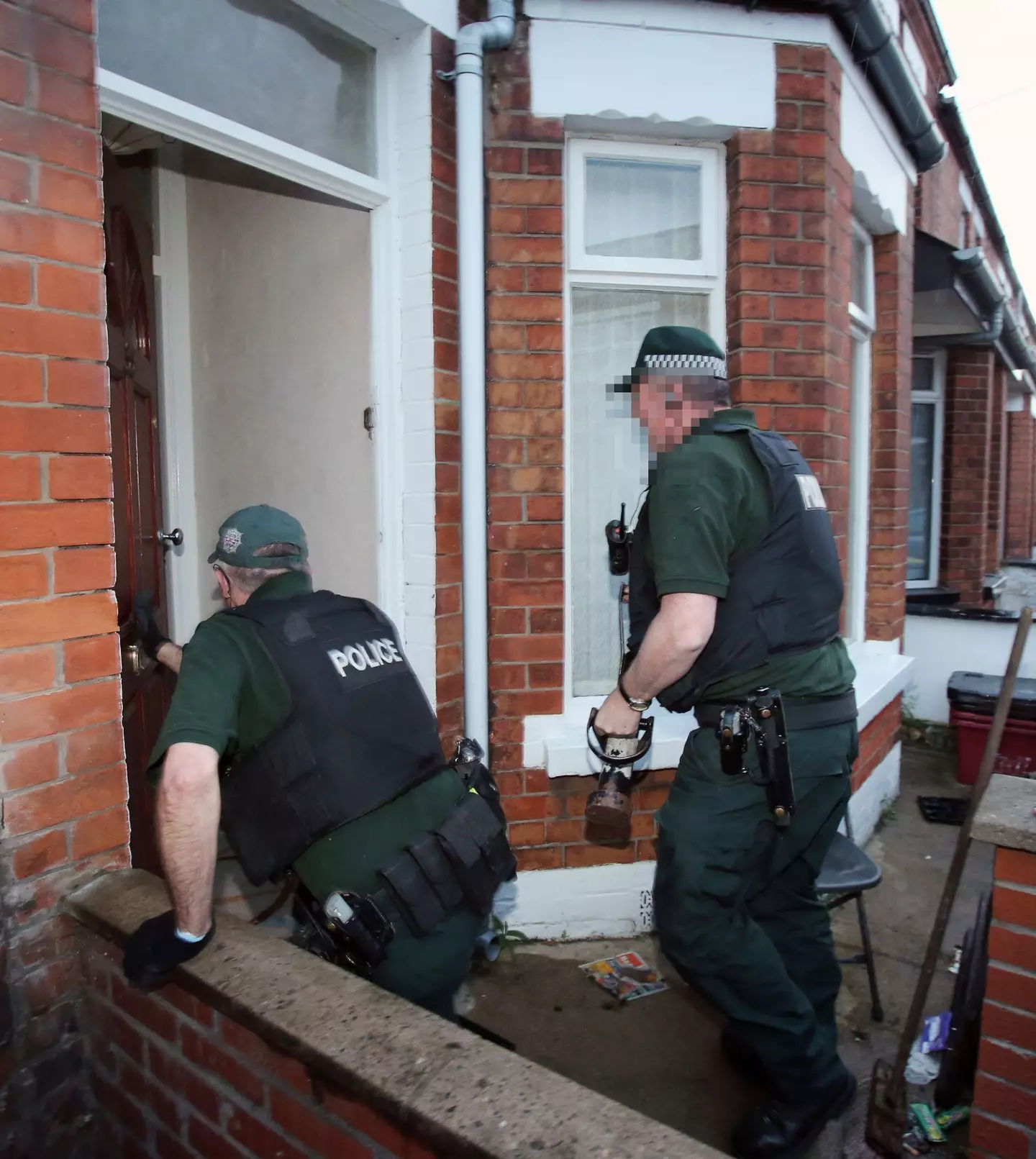
For Katya, it's simply a question of 'when' not 'if', a belief partly borne out by the relationship Simpa, Michael, and others have enjoyed with the police.
"Over the last few years, we've seen some pretty, like progressive moves for drug policy reform," Katya says.
"Medical cannabis was legalised under pretty much the most conservative government in a really long time.
"And we've seen things like drug diversion programmes, especially around cannabis, amongst younger populations, so if someone's caught with a small amount of cannabis, they are put through a drug treatment programme, rather than getting a criminal record.
"So small kind of interventions like that are helping to move the conversation forward."
But all of this, Peter says, comes back to the fact that the 'war on drugs' has simply failed, and a new way is desperately needed, no matter which side of the debate you're on.
"Prohibition doesn't work, it's never worked," Peter adds. "And the more harmful you think cannabis is, the crazier it is to leave it in the hands of gangsters."